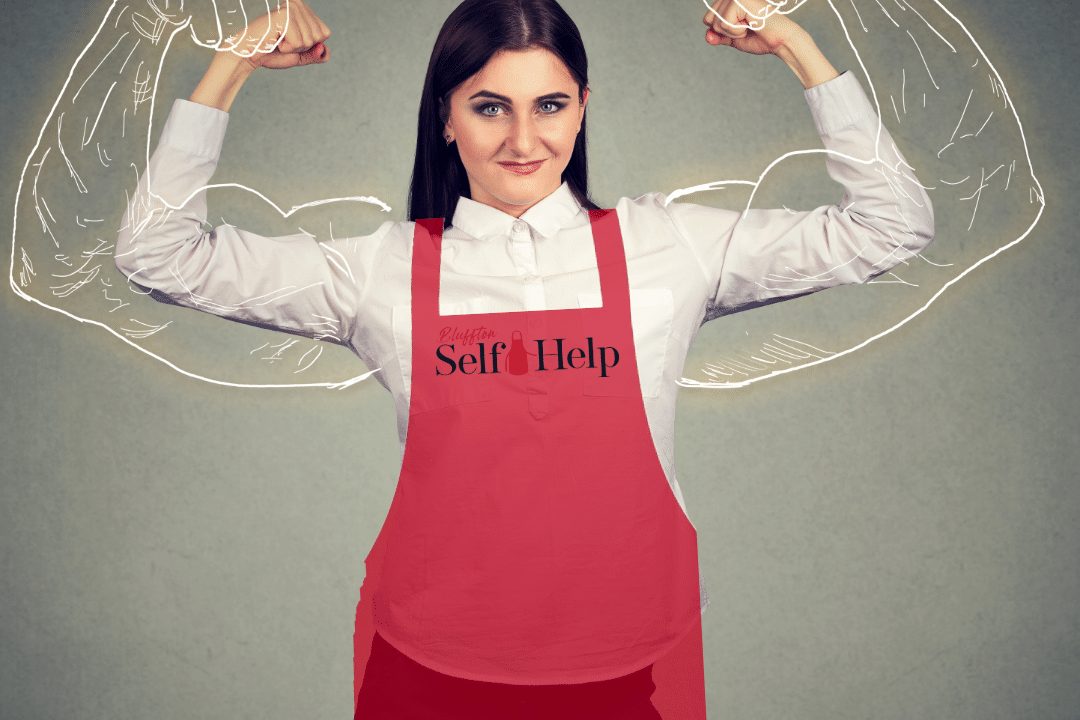When Macy fell and broke her wrist, she immediately sought professional care, ensuring her bone healed properly. When Luke became gravely ill with a 3-day, 100-degree fever, he made an appointment with his physician so he could get on the road to recovery as quickly as possible rather than allowing his condition to fester or worsen.
In stark contrast, Virginia, who was laid off from her job as a CPA and was at risk of losing her home, lost sleep night after night fretting over finding employment before her bank account ran dry. Similarly, Marcus, who spent 10 days in the hospital after developing pneumonia, worried endlessly about whether he would need to file for bankruptcy in the face of crushing medical debt. Virginia and Marcus couldn’t quite articulate why they felt hesitant to ask for help. Whether it be a sense embarrassment or the fear of stigma, something kept them stuck in the stress of their circumstances while Macy and Luke naturally embraced the benefit of services available to them.
The fear of judgement or being perceived as a failure can often prevent those needing assistance from reaching out; however, basic needs should never be viewed as being any lesser than medical care or any other type of service that we should intuitively gravitate towards.
Year to date, Bluffton Self Help has served 1756 unique households, 43% of whom are enrolled in more than one program. Additionally, since January 2024, we have distributed 445,421 pounds of food, 25,905 items of clothing, and $76,408 in financial assistance and program incentives to help neighbors cover the cost of their basic needs. Evidence that the story of shame and stigma is continuing to give way to the embracement of beneficial services available to aid the transition from stranded-in-stigma to success. Yet there’s still much work to be done in regard to opening the channels of communication surrounding the needs of a food and resource insecure community.
Getting Ahead, an intensive, 16-week program launched by BSH in 2023, is one way Bluffton Self Help is driving the conversation with neighbors ready to deep dive into the root of the issue. Participants study our community’s barriers by examining both poverty and prosperity, switching the focus from age, gender, race, ethnicity, and disability and instead focusing on economic information and class issues. This is where change happens. As a donor recently shared, “it is the deep dives where systematic change happens.” In January, Bluffton Self Help will kick off the 5th cohort of Getting Ahead, a solid indicator that the program is truly fortifying the notion that knowledge and education supersede shame and stigma.



Leave a Reply